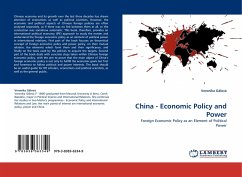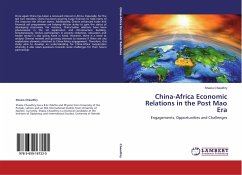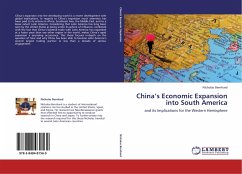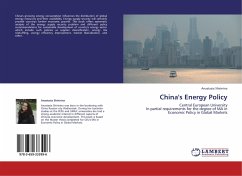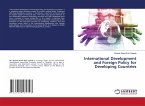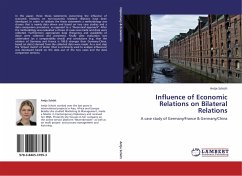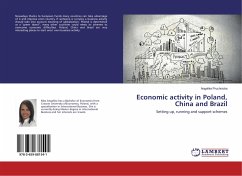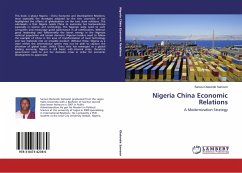Chinese economy and its growth over the last three decades has drawn attention of economists as well as political scientists. However, the economic and political aspects of Chinese foreign policies are often analysed separately, as if there was no link between them at all, or the connection was somehow automatic. This book, therefore, provides an international political economy (IPE) approach to study the matter and understand the foreign economic policy as an element of political power in international relations. First part of the book focuses on theoretical concept of foreign economic policy and power policy, on their mutual relation, the elements which form them and their significance, and finally on the tools used by the policies to acquire the targets. Second part of the book deals with concrete steps taken within Chinese foreign economic policy, with the aim to prove that the main object of China's foreign economic policy is not only to fullfill the economic goals but firstand foremost to follow political and power interests. The book should be an useful guide for IPE scholars, economists and political scientists, as well as the general public.
Bitte wählen Sie Ihr Anliegen aus.
Rechnungen
Retourenschein anfordern
Bestellstatus
Storno

